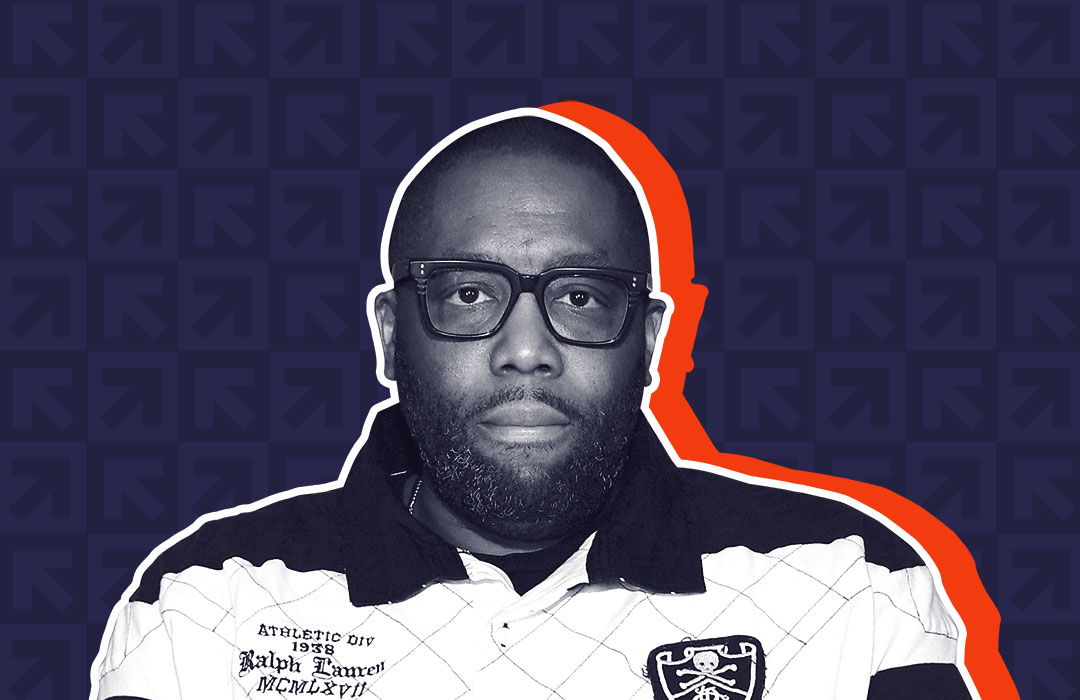The week before hip hop duo Run the Jewels kicked off a five-night run at Madison Square Garden this summer, rapper Killer Mike stepped up to the microphone…
…at an Atlanta city council meeting.
He wasn’t there to perform hits like “Legend Has It.” Rather, he wanted to urge officials to reject a proposal that would have let the city close down any business considered a nuisance — an ordinance, he argued, that would “wipe out” opportunity for locally owned establishments and hand it to corporations like Hard Rock and Hooters.
If you’re not familiar with Killer Mike, you might be surprised that a Grammy-nominated musician with 1.7 million Instagram followers showed up for public comment at a city council session. But he does this kind of thing a lot.
“I really consider myself a voice for the worker class,” he tells Money.
There’s no star who advocates louder, harder and more often to expand Black Americans’ economic prosperity than Killer Mike, whose real name is Michael Render. His activism goes far beyond backing billionaire-busting candidates like Bernie Sanders (he did) or owning a barber shop franchise created with the express purpose of giving out-of-work Black men a sustainable career path (he does). He’s also one of the co-founders of Greenwood, a banking platform that empowers Black and Latino customers to take back control of their money.
Though Greenwood was announced in 2020, Render’s passion for financial equality dates back to his childhood. He grew up in Atlanta’s Collier Heights, a historic, affluent neighborhood he credits for giving him an early “appreciation for understanding how money affects me.”
Collier Heights’ schools were great, made possible by the fact that there were “rich Black people, middle class Black, working Black people all in this neighborhood together,” he says. “I understood that people who capitalism worked for were not necessarily evil people in that they paid taxes, and those taxes went to our schools.”
By the time he was at Morehouse College — where he met producer Big Boi (of Outkast) and eventually went all in on rap — Render was noticing how businessmen at corporations like Coca-Cola used their influence in philanthropic ways. Soon, Render himself had those connections.
He had “a career where you can make an exceptional amount of money,” he says, and realized he could put it to work fixing the system.
When he started talking with former Atlanta Mayor Andy Young, tech investor Paul Judge and entertainment exec Ryan Glover about Greenwood, it just made sense. Render had seen the issues first-hand: There were big bank branches everywhere north of I-20, the highway that cuts through Atlanta, but almost none in the south and west neighborhoods where most of the city’s lower-income residents live, leaving many no choice but to patronize predatory check-cashing joints with high fees.
“I felt good about getting behind something that would allow people the autonomy to grow their own power, in terms of their own personal finance and as a community,” Render adds.
Though Greenwood is a financial tech company, not a bank, it’s extremely consumer friendly: There are no overdraft penalties or minimum balance fees, and users can sign up for peer-to-peer transfer and early direct deposit, among other features. Greenwood says it donates five free meals to a family in need with every new account and also allows users to support organizations like the NAACP with their spare change.
According to Forbes, roughly 100,000 accounts have been opened so far.
The company gets its name from the Greenwood district, a wealthy area in 1900s Oklahoma once called “Black Wall Street” that rioters destroyed after police accused a Black man of attempting to assault a white woman in an elevator.
Reclaiming financial power, Render says, involves enabling Black folks to put their money in banks they believe in, overseen by people they trust. Greenwood ticks those boxes.
Still, the company has had some trouble getting off the ground. It has a long waitlist and has pushed back its formal launch date several times. But things seem to finally be coming around: In 2022, it acquired the social networking platform Valence and the coworking company The Gathering Spot, both tailored for Black professionals. It said earlier this month that it has raised $45 million in venture capital funding.
So it’s no surprise that, these days, Render is thinking about growth, especially outside of major metropolitan areas.
“I'm a Southerner, and there are a lot of poor, working class people in the South,” he says. “I would like for Greenwood to be just as effective in south Georgia as it is in Atlanta. I’d like for it to be just as effective in Mobile, Alabama, and Birmingham, Alabama, as it is in Nashville, Tennessee.”
Through his work with Greenwood and elsewhere — like popping into the occasional city council meeting — Render says his goal is to give “salt-of-the-earth” people the chance to participate in capitalism, rather than being “a cog in the machine.”
“I'd essentially like to create conditions that could give you another Michael Render,” he says.






